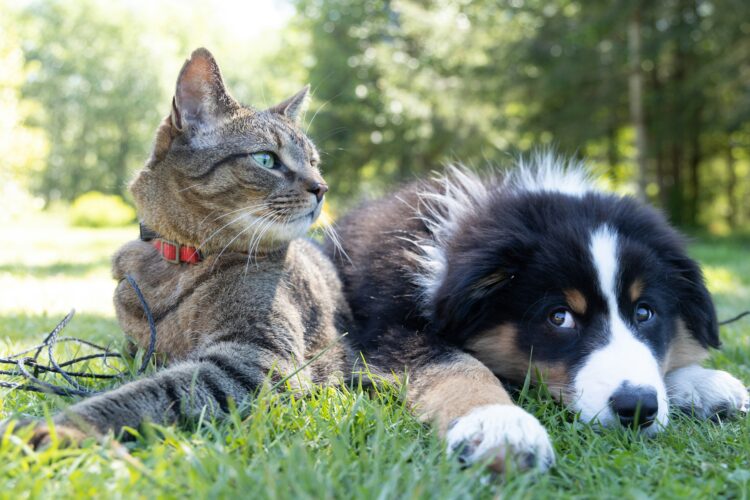When relationships end, deciding who keep the family pet can be emotionally fraught. However, under current English law, pets are legally treated as chattels—property akin to furniture—pursuant to s.24 of the Matrimonial Causes Act 1973. This means courts can allocate them like any other item in the household, guided by fairness but without any dedicated welfare-based criteria.
The recent case of FI v DO [2024] EWFC 384 (B) spotlighted the issue. District Judge Crisp had to decide the fate of N, a family dog, amidst a bitter custody battle. While the husband claimed ownership and emotional reliance on N, the court found the wife had been the dog’s primary carer post-separation. Emphasising the dog’s welfare, and her bond with the children, the judge awarded N to the wife. This decision, though not a binding precedent, suggests a more compassionate approach may be possible within the existing framework.
Comparatively, jurisdictions like British Columbia and Australia have implemented or are introducing laws distinguishing ‘companion animals’ from general property. Courts there must consider factors such as care history, attachment to children, and any cruelty or family violence before deciding pet custody.
In the UK, ‘pet-nups’—clauses within nuptial agreements specifying arrangements for pets—can pre-empt disputes, and courts may uphold them if deemed fair. Still, without statutory guidance, outcomes remain uncertain.
Recognising this gap, the Pets on Divorce Working Group – led by legal professionals – is campaigning for reform to reflect the sentient nature of animals. Their efforts have reached Parliament, with Baroness Berridge highlighting the UK’s legal outlier status and referencing the growing international trend towards treating pets with greater legal significance.
There is growing support for change. Sir Nicholas Mostyn, former High Court judge, has voiced support for reform, noting the emotional complexity pets bring to divorce. The movement calls for the UK to move beyond seeing pets as mere property and consider their welfare in legal decisions.
Until legislative reform arrives, the courts remain constrained. As pet ownership rises, the push to give animals a distinct legal status in divorce proceedings gathers momentum.
Stuart Duncan is a specialist Family Lawyer and Partner at Rowberry Morris, based at our Tadley office. If you have any family law issues, please contact Stuart on 0118 982 3774 or stuart.duncan@rowberrymorris.co.uk


























